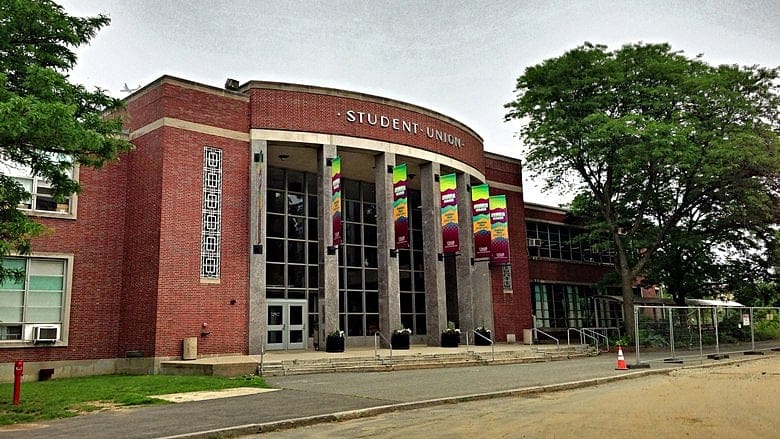Female Muslim professor: ‘College is not a safe space’

Shaheen Pasha is a journalism professor at University of Massachusetts Amherst. She also happens to be a female, Pakistani-American Muslim who is adamantly opposed to the notion of "safe spaces" for under-represented students on college campuses.
Writing on Medium.com in November, Pasha, 38, argued that college is not a safe space, and was never meant to be. "It is a place where debates can turn heated and ugly and the cruel realities of the world come crashing down on students, preparing them for the very real discourse they will face upon graduation."

